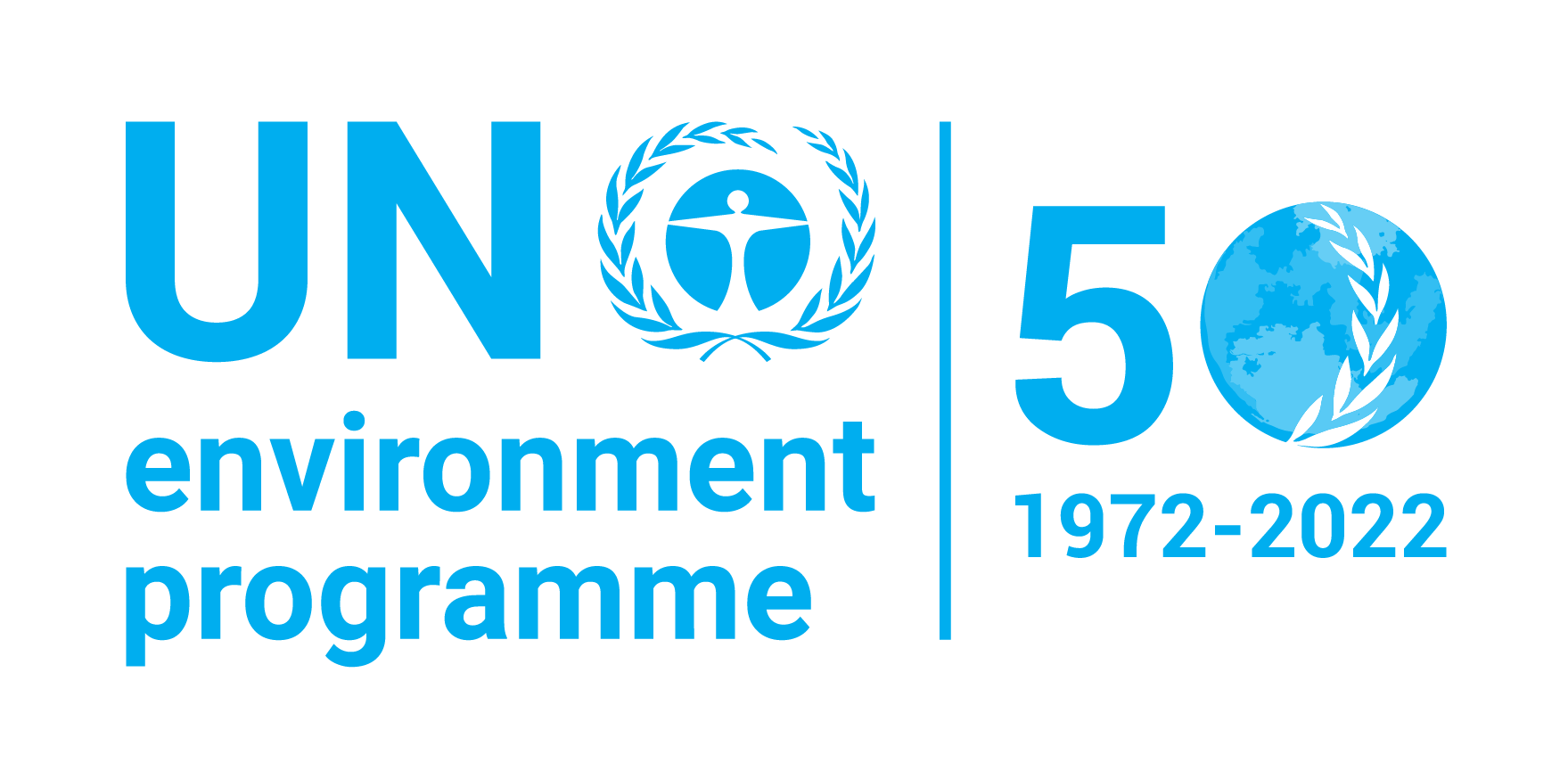| dc.contributor | International Resource Panel | |
| dc.contributor.author | United Nations Environment Programme | |
| dc.contributor.author | International Resource Panel | |
| dc.coverage.spatial | China, Australia, Nepal, South Africa, Japan, India, USA | |
| dc.date.accessioned | 2016-10-11T20:09:02Z | |
| dc.date.available | 2016-10-11T20:09:02Z | |
| dc.date.issued | 2014 | |
| dc.identifier.isbn | 978-92-807-3383-9 | |
| dc.identifier.other | DTI/1795/PA | |
| dc.identifier.uri | http://hdl.handle.net/20.500.11822/8892 | |
| dc.description | This report was produced by the Decoupling Working Group of the International Resource Panel. It explores technological possibilities and opportunities for both developing and developed countries to accelerate decoupling and reap the environmental and economic benefits of increased resource productivity. It also examines several policy options that have proved to be successful in helping different countries to improve resource productivity in various sectors of their economy, avoiding negative impacts on the environment. | |
| dc.language | English | |
| dc.relation.ispartof | IRP Reports | |
| dc.rights | Public | en_US |
| dc.subject | RESOURCES CONSERVATION | |
| dc.subject | ENERGY CONSUMPTION | |
| dc.subject | RESOURCES MOBILIZATION | |
| dc.subject | FOSSIL FUELS | |
| dc.subject | ECONOMICS | |
| dc.subject | TECHNOLOGY | |
| dc.subject | ENERGY CONVERSION | |
| dc.subject.classification | Resource Efficency | |
| dc.title | Decoupling 2: Technologies, Opportunities and Policy options | |
| dc.type | Reports and Books | |
| wd.identifier.old-id | 11182 | |
| wd.identifier.sdg | SDG 11 - Sustainable Cities and Communities | |
| wd.identifier.sdg | SDG 12 - Responsible Consumption and Production | |
| wd.identifier.pagesnumber | 174 p. | |
| wd.identifier.sdgio | http://purl.unep.org/sdg/SDGIO_00000045 | |
| wd.identifier.sdgio | http://purl.unep.org/sdg/SDGIO_00000046 | |


